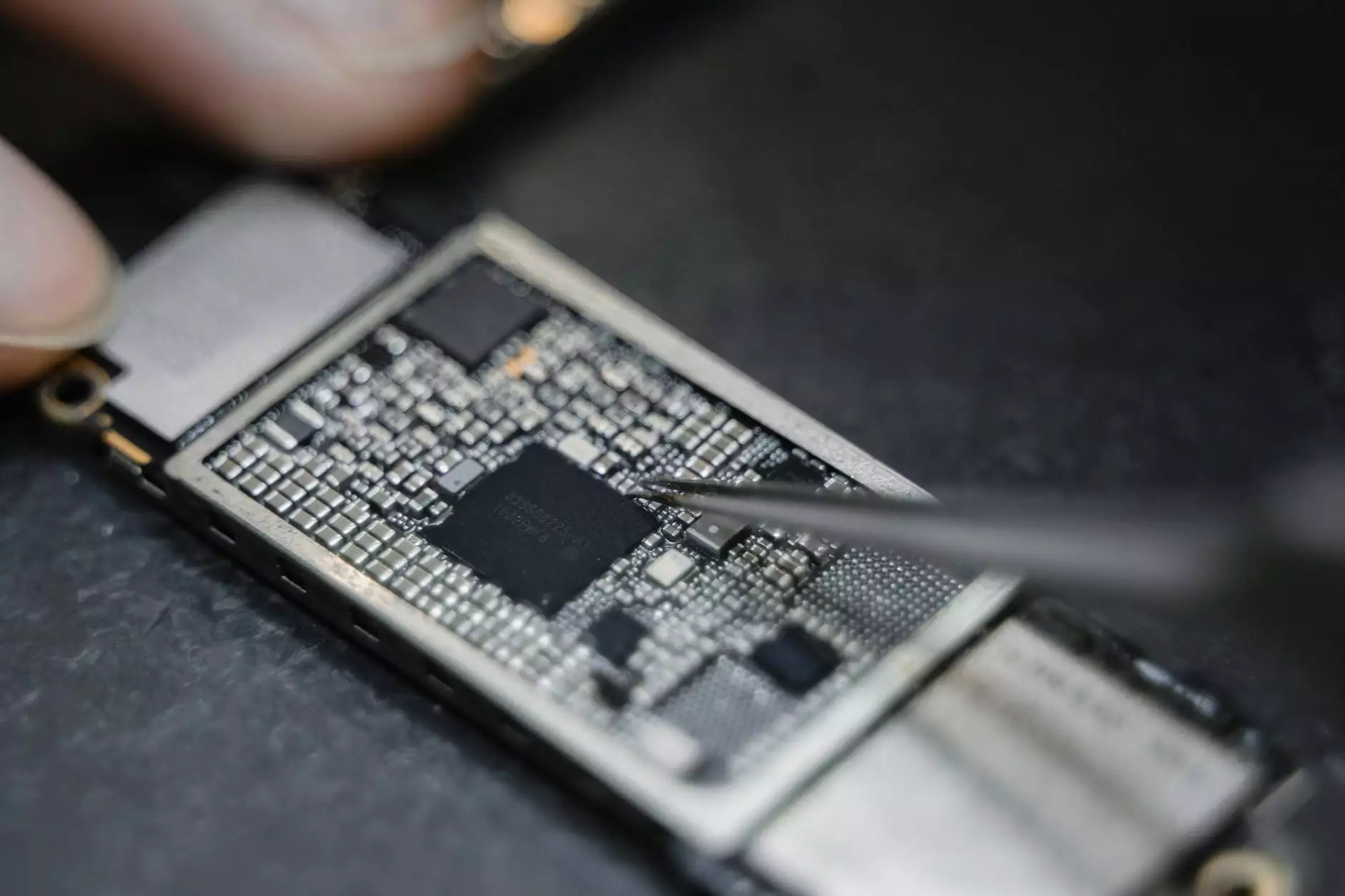The Benefits of Agro Drones in the Electronics and IT Services Industry

Introduction
Welcome to A-Drones.com, your premier destination for information on the latest advancements in drone technology. In this article, we will delve into the world of agro drones and explore how they are revolutionizing the electronics and IT services industry, particularly in the field of agriculture.
Understanding Agro Drones
Agro drones, also known as agricultural drones or unmanned aerial vehicles (UAVs), are cutting-edge devices equipped with advanced technologies that offer unmatched capabilities in precision agriculture. These drones are specially designed to perform various tasks in agricultural settings, ranging from monitoring crop health to improving farming efficiency.
The Benefits of Agro Drones
1. Enhanced Crop Monitoring:
Agro drones provide farmers with a bird's-eye view of their crops, enabling them to monitor crop health, growth patterns, and detect issues such as pest infestations or nutrient deficiencies. With high-resolution imagery and infrared sensors, agro drones can capture detailed data that helps farmers make informed decisions and take timely action.
2. Precision Agriculture:
With their precise navigation systems and GPS integration, agro drones can navigate fields with remarkable accuracy. This allows for targeted interventions such as applying fertilizers and pesticides only to specific areas, thereby minimizing input wastage and reducing environmental impact. Precision agriculture techniques made possible by agro drones contribute to sustainable farming practices.
3. Crop Spraying and Seeding:
Agro drones can be outfitted with spraying and seeding mechanisms, enabling automated and efficient distribution of fertilizers, herbicides, and seeds. This eliminates the need for manual labor, reduces the risk of human errors, and ensures uniform coverage across the entire field. The use of agro drones in crop spraying and seeding saves time and resources, leading to increased productivity and profitability for farmers.
4. Yield Prediction and Management:
By collecting data on crop health, growth stage, and environmental conditions, agro drones can help farmers predict and manage their yield more effectively. This information empowers farmers to make data-driven decisions regarding crop rotations, irrigation strategies, and harvest planning, leading to optimized yields and increased overall profitability.
Applications of Agro Drones
1. Crop Health Assessment:
Agro drones enable farmers to assess the health of their crops by capturing high-resolution imagery and using advanced algorithms to analyze plant stress levels, chlorophyll content, and other indicators of crop health. This allows for early detection of diseases, pest infestations, or nutrient deficiencies, enabling targeted interventions and preventing potential yield losses.
2. Irrigation Management:
Using near-infrared sensors, agro drones can track soil moisture levels, identifying areas that require additional irrigation or drainage. By providing farmers with real-time data on soil moisture content, agro drones contribute to optimized irrigation management, ensuring that crops receive the right amount of water, minimizing wastage, and reducing water stress.
3. Livestock Monitoring:
Agro drones are not only beneficial for crop-related activities but also for livestock monitoring. Drones equipped with thermal cameras can help farmers identify anomalies in animal behavior, locate missing animals, or detect signs of distress. This helps farmers improve their livestock management practices and ensures the well-being of their animals.
Conclusion
The integration of agro drones in the electronics and IT services industry has brought unprecedented advancements in agriculture. From enhanced crop monitoring to precision agriculture techniques, the benefits of agro drones are undeniable. Farmers and businesses in the agriculture sector stand to gain immensely from harnessing the power of these technological marvels. Embracing agro drones not only leads to improved efficiency and yields but also contributes to environment-friendly practices, making agriculture a sustainable industry for future generations.




